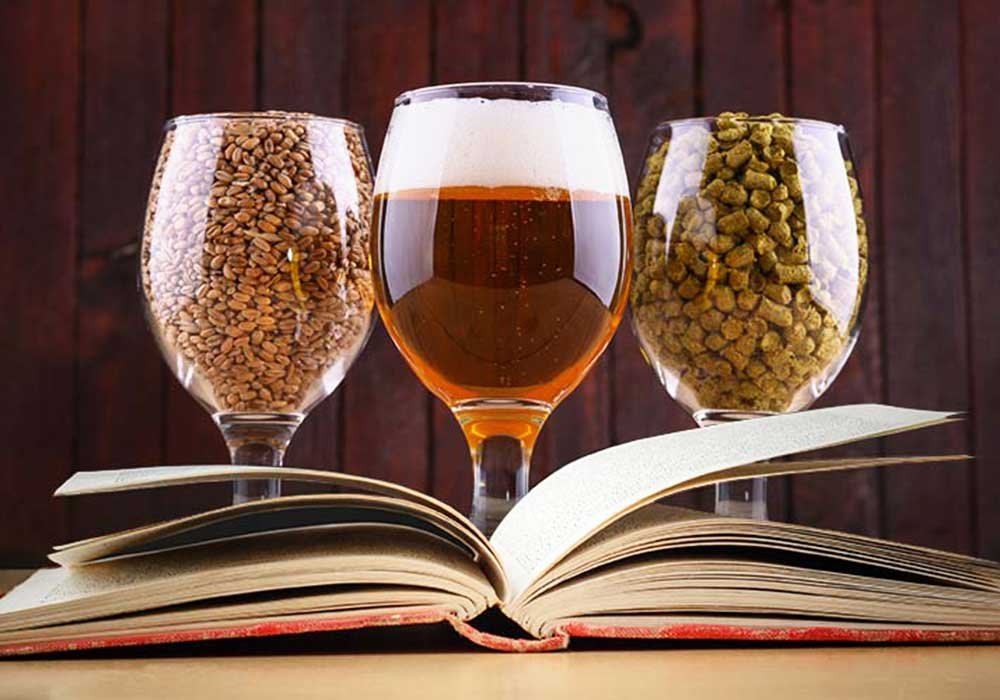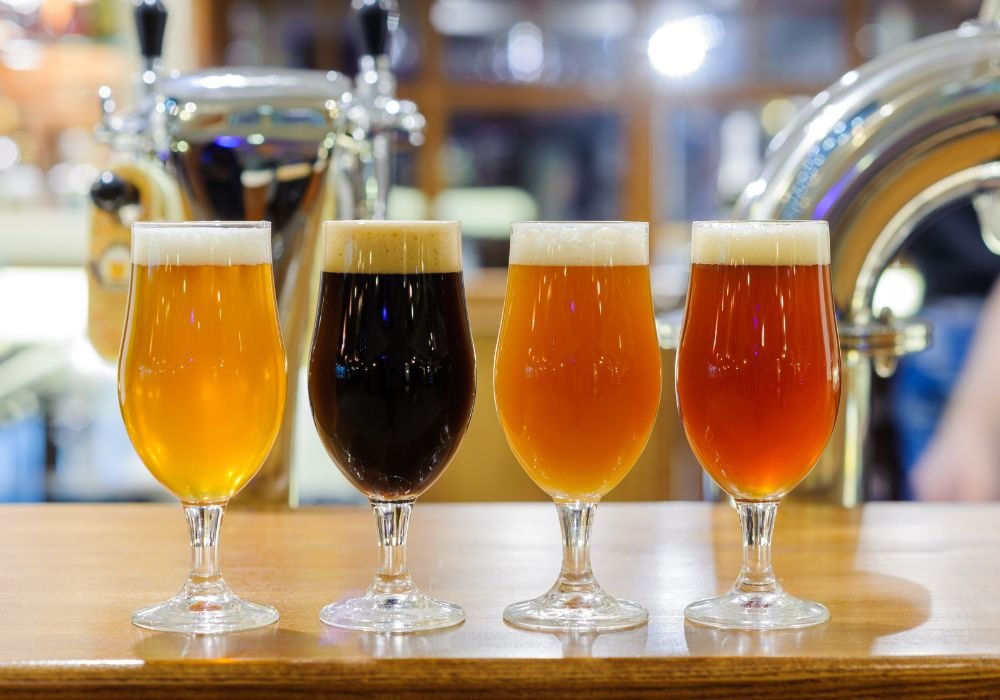Theory Vs. Practical In Beer And Brewing

Practical and theoretical brewing knowledge are like two sides of a coin, both being equally essential. It is important to understand both ends of the spectrum as the perspectives here are way different.
Theoretical knowledge is all about learning from others’ experiences. Documentations, books, social interactions and educational courses are some of the sources for gaining a theoretical understanding of brewing. Theory can give you a deeper understanding of a concept through seeing it in the context of understanding the why behind it. However, there are certain limitations to taking this route as there is only so much you can learn theoretically.
Practical knowledge is acquired by day-to-day hands-on experiences. It is, comparatively, much better because it helps you understand how theoretical brewing concepts can be executed in real-time. The scope of practical learning is extensive and there are some things that can only be learned by getting your hands dirty.
Theoretical and practical concepts are two completely distinct approaches to knowledge. In the world of brewing, things which can be learned theoretically, differ from a practical approach. Let’s have a look at those in general.
Things that can be learned theoretically
– Learning about beer styles is a fundamental way of entering the brewing world. There are about 100+ beer styles and learning about each of these would help any brewer to gain more knowledge on different brewing techniques, ingredients and history of that particular style
– Concepts such as malting process, types of malts available, adjuncts, cereals and other specifications can be learned via theory. These are absolutely necessary to understand and analyse malt and other grains used for brewing
– Malt milling process, mashing, enzymes, wort composition
– Hop history, varieties, aroma evaluation, cultivation, storage and stability are some of the things that fall under theory which are essential to analyse hops
– Understanding the history of water. Every region has a unique water profile. Brewing water the composition is crucial for brewing a specific style of beer pertaining to a region
– Understanding types of yeast strains available, nature of yeast, wort spoilage bacteria, beer spoilage bacteria and wild fermentation are some of the concepts which can be acquired theoretically
Things that can be learned practically
A practical hands-on experience in brewing yields a much better understanding in concepts such as fermentation, filtration and packaging, etc.
– Malt analysis can be understood in a deeper way when it comes to practical knowledge. Assessing malt freshness by chewing on kernels would clearly distinguish between the base and specialty malts
– The impact of milling on mashing efficiency
– Deeper understanding of hop acids and its role in brewing, hop freshness assessment and hop storage index
– Adjusting water chemistry for a base style and assessing water profile
– Fermentation temperatures, yeast health, pitching rates
– Understanding CIP (Cleaning In Place) methods and process of cleaning brewing equipment
– Beer sensory experience
– Bottle conditioning (Re-fermentation in bottles)
Brewing beer is the practice of understanding the interactions between malt, hops, yeast and water. The actual process of brewing is a lot more complicated than it looks like. Whichever the way, either theoretical or practical, there’s plenty to learn about the fascinating process of brewing beer!



